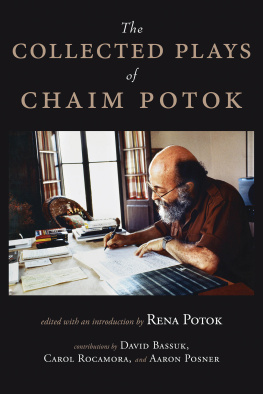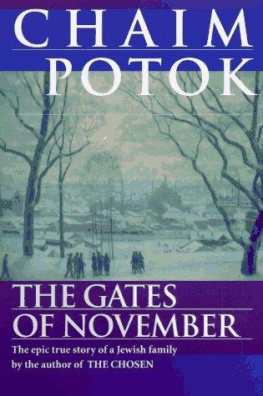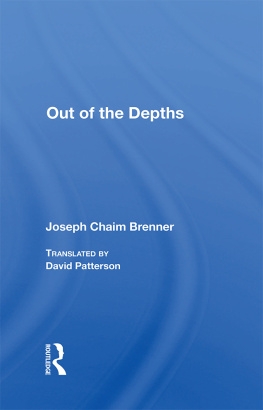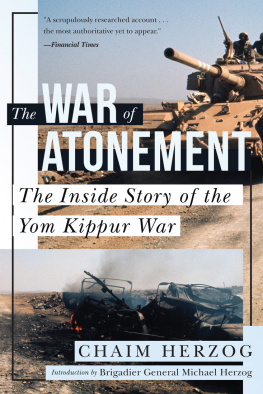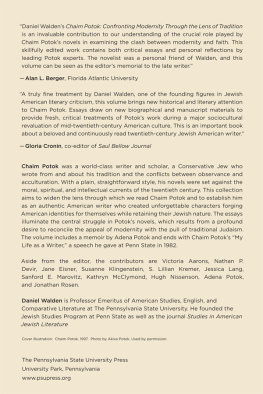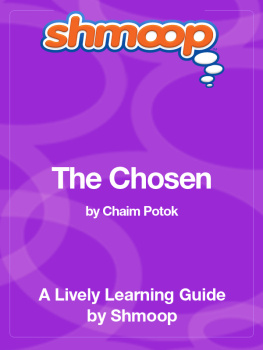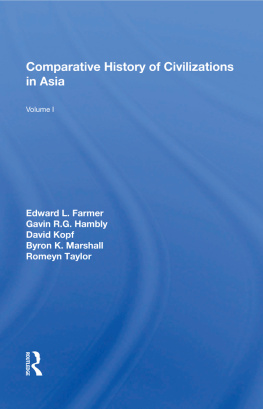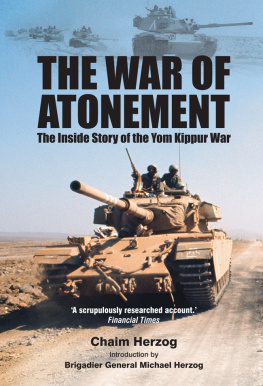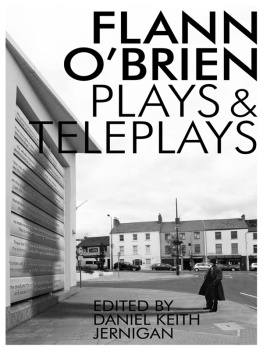Contents


C ontents
W orks by C haim P otok
F iction:
N ovels
The Chosen
The Promise
My Name is Asher Lev
In the Beginning
The Book of Lights
Davitas Harp
The Gift of Asher Lev
I Am the Clay
S hort S tories and N ovellas
Het Cijfer Zeven (The Seven of the Address)
Het Kanaal (The Canal)
The Golems Hand
Old Men at Midnight
C hildrens B ooks
The Tree of Here
The Sky of Now
Zebra and Other Stories
N onfiction:
Wanderings: Chaim Potoks History of the Jews
The Gates of November: Chronicles of the Slepak Family
The Collected Plays of Chaim Potok copyright 2018 by Rena Potok
All rights reserved. No part of this book may be used or reproduced in any manner without written permission from the publisher except in critical articles and reviews. Contact the publisher for information.
Book and cover design by Colin Rolfe
Original layout by Samantha Krezinski
Library of Congress Cataloging-in-Publication Data
Names: Potok, Chaim, author. | Potok, Rena, editor.
Title: The collected plays of Chaim Potok / edited with an introduction by Rena Potok; contributions by David Bassuk, Carol Rocamora, and Aaron Posner.
Other titles: Plays
Description: Rhinebeck, New York : Adam Kadmon Books, [2018]
Identifiers: LCCN 2018020781 (print) | LCCN 2018021538 (ebook) | ISBN 9781939681799 (eBook) | ISBN 9781939681782 (hardcover : alk. paper)
Classification: LCC PS3566.O69 (ebook) | LCC PS3566.O69 A6 2018 (print) | DDC 812/.54--dc23
LC record available at https://lccn.loc.gov/2018020781
Hardcover ISBN: 978-1-939681-78-2
eBook ISBN: 978-1-939681-79-9
Adam Kadmon Books, an imprint of Monkfish Book Publishing Company
22 East Market Street, Suite 304
Rhinebeck, New York 12572
(845) 876-4861
www.monkfishpublishing.com
A cknowledgments
D uring my tenure as senior acquisitions editor at the Jewish Publication Society, I had the pleasure of editing A Heart Afire: Stories and Teachings of the Early Hasidic Masters , a luminous work by Reb Zalman Schachter-Shalomi and Netanel Miles-Ypez. Some years later, Netanel approached me with the inspired idea of publishing a collection of my fathers plays with Adam Kadmon Books. This project has given me deeper insight into my father as a playwright and thinker; it also points to a sweet connection between his Hasidic heritage (echoes of which appear in many of his novels and plays) and the progressive Hasidism of Reb Zalman. I thank Netanel for suggesting this book, and for providing a patient guiding hand throughout the process of its preparation.
David McKnight, director of the Rare Books & Manuscripts Library at the University of Pennsylvania, helped me to access the notes, article clippings, reviews, and other supporting materials in the extensive and beautifully conserved collection of the Chaim Potok Papers at the Kislak Center for Special Collections, Rare Books & Manuscripts.
I am grateful to Karen Strauss of Main Street Technology for preserving and updating electronic copies of Sins of the Father and The Play of Lights . If not for her prudence and foresight, the scripts of these plays might well have been lost.
David Bassuk, Aaron Posner, and Carol Rocamora graciously shared the plays they developed with my father and directed. They have written wonderful prefaces describing their individual experiences of collaborating with my father on the plays you now hold in your hands.
My gratitude and admiration to David Bassuk, who tirelessly helped me reconstruct the text of Out of the Depths . The only known surviving script is the penultimate version of the play. The final version exists in the form of a video of the 1992 staged workshop performance of the play by Novel Stages Theatre Company. David scanned the printed pages into PDFs and converted the video to readable media files. I then checked the script against the video, painstakingly reading and watching, listening to every word and phrase, and amending discrepancies between the written and visual texts. Davids memory proved invaluable in untangling inevitable sections of corrupted text and video files. The result is a final, authoritative script of the play. This project has rekindled our old friendship, and for that I am equally grateful.
In the course of excavating his files and VHS tapes, David Bassuk discovered a video of the post-performance discussion on Out of the Depths, featuring Chaim Potok and Professor David Roskies. The transcript of that talk appears for the first time in print in this volume.
Thanks to Adena Potok, Bella Sobolofsky, and Sheera Zuckerman for filling in details of my fathers personal and family history.
My deepest thanks to my children, Maia and Erez, who inspire me every day with their tenderness, creative passion, and zest for life.
Rena Potok
I ntroduction
B eginnings
A t the heart of C haim P otoks writings are three major teachings: Never force anything. Ask good questions. And above all, there is no such thing as a single, absolute Truth.
The first principle I learned when my (then teenaged) brother tried to release ice cubes from a freezer tray by banging it against a brand-new ice bin, breaking both the bin and the tray. My father, watching with dismay, exclaimed, Never force anything in this world. That teaching soon expanded to the world of ideas for me: think things through, and think before you speak.
The second, I learned during my doctoral studies at the University of Pennsylvania, where my father audited several of my graduate seminars on James Joyce and Virginia Woolf. While my professors, classmates, and I honed responses to matters of critical inquiry, my father focused on the questions themselves, always intrigued by what was being asked, and why.
The third teaching is one that I cannot isolate in time or location, so engrained was it in my fathers way of being. His writing, his intellectual life, his religious practicewere all profoundly informed by the Hebrew phrase, eilu ve-eilu divrei Elohim chayim these and these are the words of the living God. This preceptthat there occur in the universe many coexisting and co-informing truthsflies in the face of fundamentalist views about singularity of religious or political beliefs and practices. Building upon this principle, my father developed the view that, like multiple truths, cultural identity and experience are malleable and mutually informing; the more open we are to confronting, or fusing with another culture, the more we grow as individuals, artists, and intellectuals.
This notion of culture confrontation and fusion is the deliberate, carefully constructed focus of my fathers writing. It works in tandem with the idea of multiple truths: we cannot confront the core of another culture if we believe that the core of our own culture holds the singular truth. Put otherwise: to encounter the core of another culture from within the heart of our own, we must believe in the inherent existence of multiple, equally valid ways of being in the world. Once we let go of the idea of a single Truthonce we can see another cultures truth as equally valid and rich as our ownthen we are primed for core-to-core culture confrontation.
The characters that populate the plays in this volume embody my fathers ideas about culture confrontation. They struggle to see and understand the truths of the worlds they inhabitboth the core cultures where they were born and raised, and the umbrella cultures that they grow to inhabit. The plays bring the journeys of these characters through this multi-layered cultural landscape to the stage with an immediacy that is palpable to audiences and readers alike.

